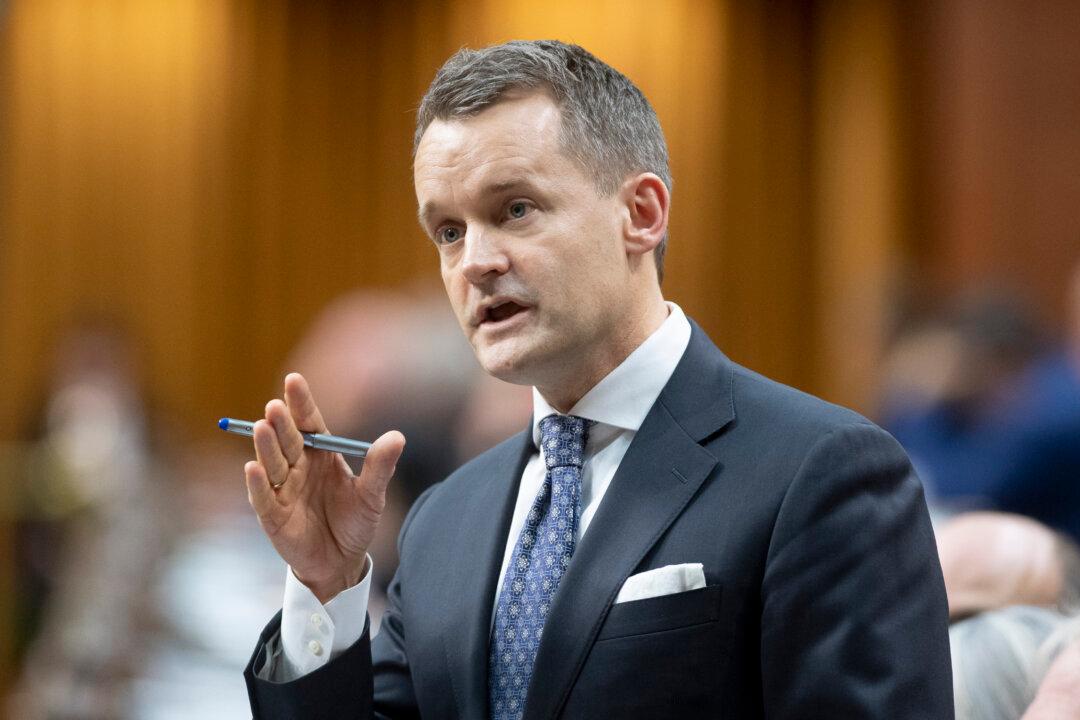Labour Minister Seamus O'Regan says the federal cabinet is looking to avoid future labour disruptions following the end to the B.C port strike last week, which clogged national supply chains for about two weeks and left thousands of businesses across the country calling on Ottawa to wade into the dispute.
“The scale of this disruption has been significant,” said Mr. O'Regan and Transport Minister Omar Alghabra in a joint statement on July 13.





